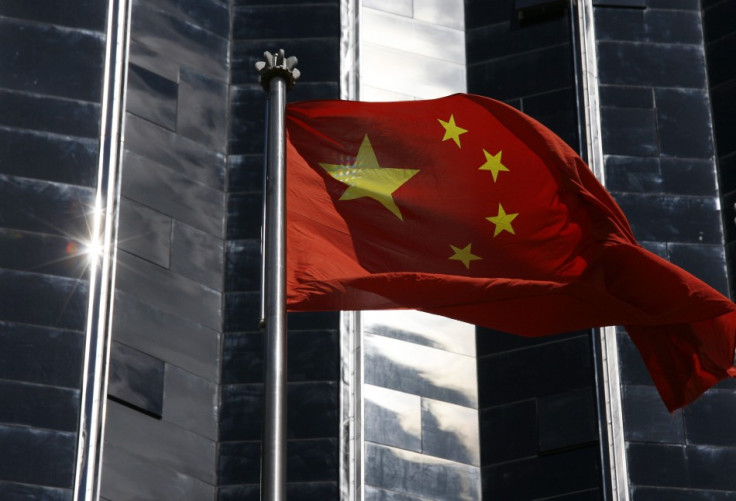China Confident of 7.5% Growth Rate For 2013

China looks set to hit its full-year growth target of 7.5%. The government's statistics office tried to calm investors and the public who think the Chinese economy is slowing down too rapidly by revealing that it would expand by 7.5% this year.
"We are confident that the economy is sustaining the positive momentum in the second half and confident of meeting the economic growth target," said Sheng Laiyun, the chief spokesman of the National Bureau of Statistics.
"The economy is showing some positive changes. Signs of growth stabilisation are becoming more obvious," he added.
Laiyun also said that local governments' debts, a potential threat to China's economic recovery if local governments default, were being monitored carefully. "Right now the issue is under control," he said.
The Chinese economy expanded at an annualised rate of 7.5% in the second quarter of 2013, down from 7.7% in the first three months. Sheng pointed out that rising consumption, expanding urbanisation and catch-up growth in the less-developed regions would drive forward growth in the long-term.
China's manufacturing sector experienced a strong recovery in August with improved output and new orders, a positive sign that the economy is gathering pace after two quarters of slow-down.
China's new leaders are more interested in reforming the world's second largest economy, than stimulating it. Beijing wants to guide the economy away from debt-driven investments, in infrastructure and property, and towards a more sustainable path.
However, the government is treading with caution, when it comes to radical reforms. Analysts from top government think-tanks say the room for reform is limited in China as any dramatic shift in policy could exacerbate a growth slowdown and push the government to revert to tightly controlled market conditions.
Beijing recently announced that it would set up the mainland's first free trade zone in Shanghai in a bid to open up the economy.
The government also decided to reduce service charges for over a dozen federal departments and agencies. The decision to cut fees for 20 different services at 14 departments, effective 1 October, is part of the government's efforts to reduce red tape countrywide.
China has also implemented a series of market reforms to boost growth which is expected to hit a 23-year low this year.
The government has announced reforms to scrap business and value-added taxes for six million small businesses, cut red tape for importers and exporters, simplified foreign exchange rules for the services industry and allowed small companies to issue more bonds.
The central bank has also pledged to improve the financial environment to make it easier for small businesses to access funds.
The moves follow Chinese Premier Li Keqiang's promise in March, as he began his term, to tackle bureaucracy and cut red tape. Li vowed to provide a more level playing field for private enterprise and give markets a bigger role, all in a bid to boost sluggish economic growth.
© Copyright IBTimes 2025. All rights reserved.






















